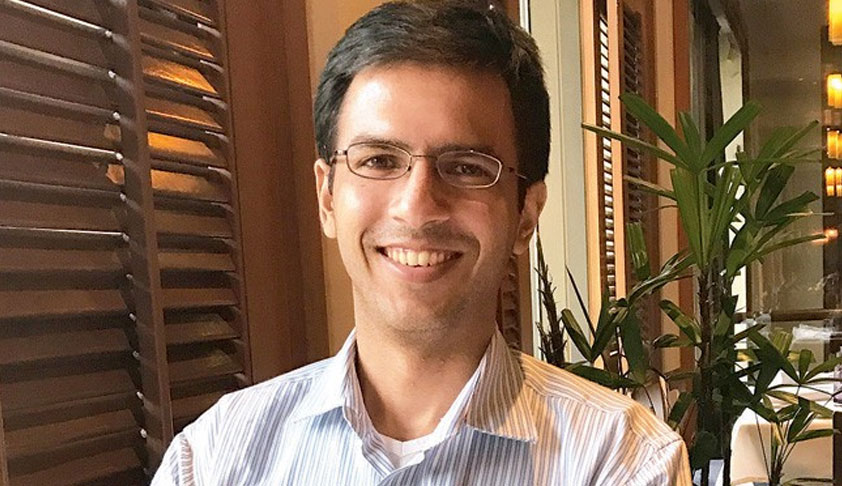Abhinav Chandrachud: A Prominent Figure in Indian Judiciary

Introduction
Abhinav Chandrachud, an emerging name in the Indian legal realm, has been gaining recognition for his insights and contributions to various landmark judgments. As a lawyer and an academic, his work resonates with many, reflecting both his commitment to justice and the evolution of the Indian judiciary. With the increasing complexity of legal matters and evolving societal norms, understanding the role of legal experts like Chandrachud is crucial for both legal professionals and the general populace.
Career Highlights
Abhinav Chandrachud completed his education in law from Harvard Law School, where he honed his skills and gained invaluable insights into international legal practices. Shortly after, he returned to India, engaging with the Supreme Court and various High Courts on significant issues ranging from constitutional rights to corporate law. His dedication to justice is highlighted by his involvement in high-profile cases that have often led to notable legal precedents in India.
In recent months, Chandrachud has been involved in several critical hearings regarding digital privacy and civil liberties, making significant contributions to how the judiciary interprets technology-related legal challenges. His arguments often stress the balance between individual rights and state power, a topic of growing relevance in today’s digital age.
Notable Contributions
One of the pivotal aspects of Abhinav Chandrachud’s career is his role in promoting legal awareness and education. He conducts workshops and seminars that aim to enlighten both law students and the public on their rights and responsibilities. Furthermore, his writings and publications have been influential in shaping contemporary legal thought in India, offering a modern perspective on traditional legal issues.
Conclusion
As Abhinav Chandrachud continues to navigate the intricacies of modern law, his contributions to the judicial landscape are likely to shape legal discourse in India for years to come. His progressive approach to legal problems illustrates the dynamic nature of law and its intersecting relationship with societal values. For aspiring lawyers and those keen on understanding the complexities of law, following Chandrachud’s journey offers both inspiration and insight into the future of legal practice in India.









